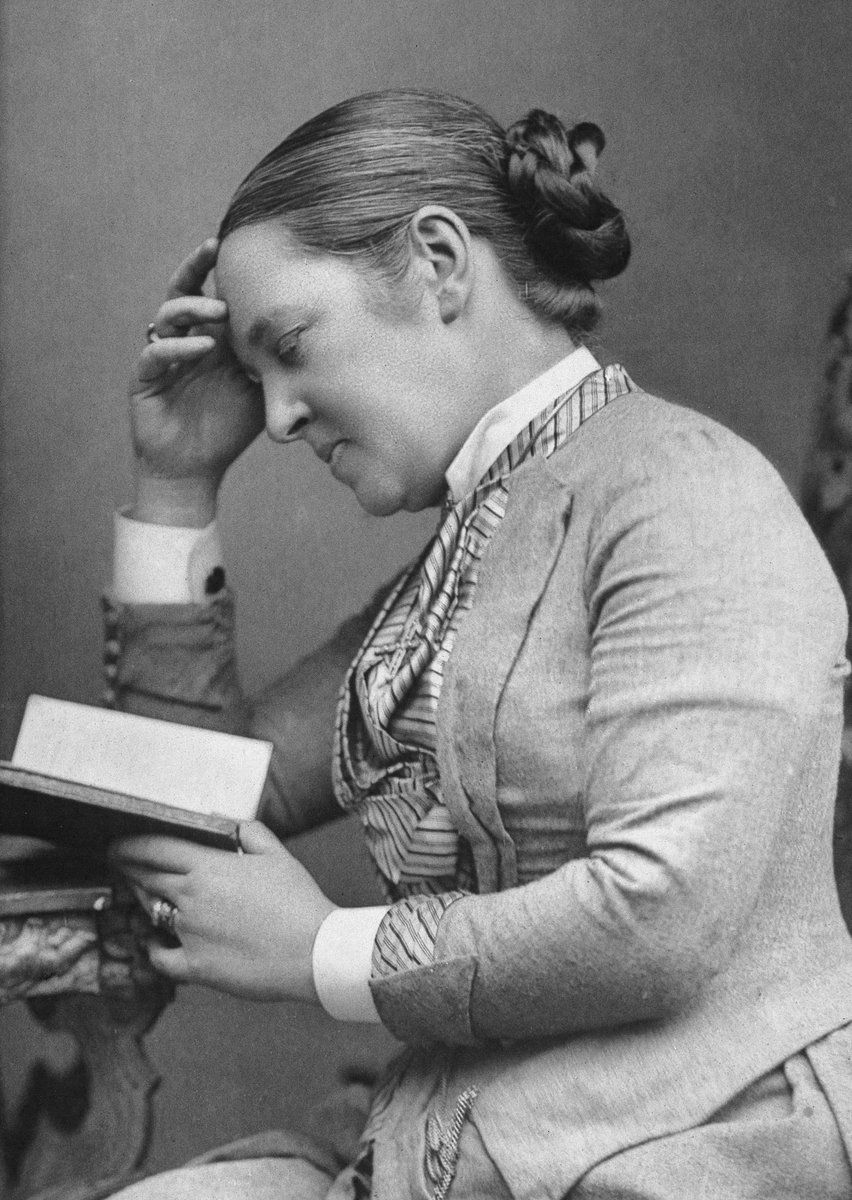
Updated | Images of the first female doctor to qualify in England, Elizabeth Garrett Anderson, appeared on the Google homepage today to celebrate what would have been the pioneering feminist's 180th birthday.
"Elizabeth Garrett Anderson was a trailblazer for women, becoming the first woman to qualify as a doctor at a time when medicine was perceived to be a man's world," Clare Marx, President of the Royal College of Surgeons, said in a statement issued to Newsweek. "By reflecting on her achievements, we can continue to celebrate the successes of the many women who followed in her footsteps. In 2014, 30 percent of surgical trainees and 11 percent of consultant surgeons were women. We want to attract the best doctors—regardless of their gender or background—into the profession."
The daughter of a pawnbroker, Garrett Anderson was born one of 12 children in Whitechapel in east London. She made the decision to study medicine as a teenager after reading about and meeting Dr Elizabeth Blackwell, the first female doctor to graduate in the U.S.
Anderson started her medical training at Middlesex Hospital in 1860 at age 24 as a surgery nurse, eventually qualifying in 1865. However, her journey was not a smooth one. She was refused physician training, which is why she started out as a nurse. She also faced prejudice from male students during her training, who disapproved of her presence in chemistry and dissection lectures. Even once she was qualified and licenced to practice medicine, Garrett struggled to find any hospital that would allow her to work as a physician.
In 1866, she was appointed as a medical attendant at the St Mary's Dispensary in west London. Keen to become a fully fledged doctor, Garrett Anderson taught herself French and went to Paris, where women were permitted to study medicine. Despite gaining a degree, she was still refused entry into the British Medical Register.
To combat this, she set up her own dispensary for women in children, which by 1872 had become the first hospital run by women: the New Hospital for Women at the St Mary's Dispensary. This later became the London School of Medicine for Women.
Anderson was not just a leading female figure in the medical profession. She became the first female mayor in England in 1908, the first female dean of a medical school in 1883, and campaigned actively for universal female suffrage. She died aged 81 in December 1917 and a year after her passing, the London School of Medicine for Women was renamed the Elizabeth Garrett Anderson Hospital in her memory.
Frank McDonough, a Professor in the Humanities and Social Science Department at Liverpool John Moores University tells Newsweek: "It is pleasing to see Google recognise the first English woman to qualify as a doctor and surgeon. She was a key advocate of votes for women. Quite a woman and role model."
"On what would have been her 180th birthday, we're glad today to pay tribute to Elizabeth Garrett Anderson," Sophie Walker, leader of the Women's Equality Party, the U.K.-based feminist political party tells Newsweek . "Her bravery and tenacity in seeking out the medical education denied to her by so many institutions, and in establishing a hospital run by and for women when medicine was a male preserve, inspires all of us at the Women's Equality Party. Her later success as a politician and suffragist add to her legacy as a true feminist hero."
This article was updated to include quotes from Clare Marx and Frank McDonough.
Uncommon Knowledge
Newsweek is committed to challenging conventional wisdom and finding connections in the search for common ground.
Newsweek is committed to challenging conventional wisdom and finding connections in the search for common ground.
About the writer
To read how Newsweek uses AI as a newsroom tool, Click here.








